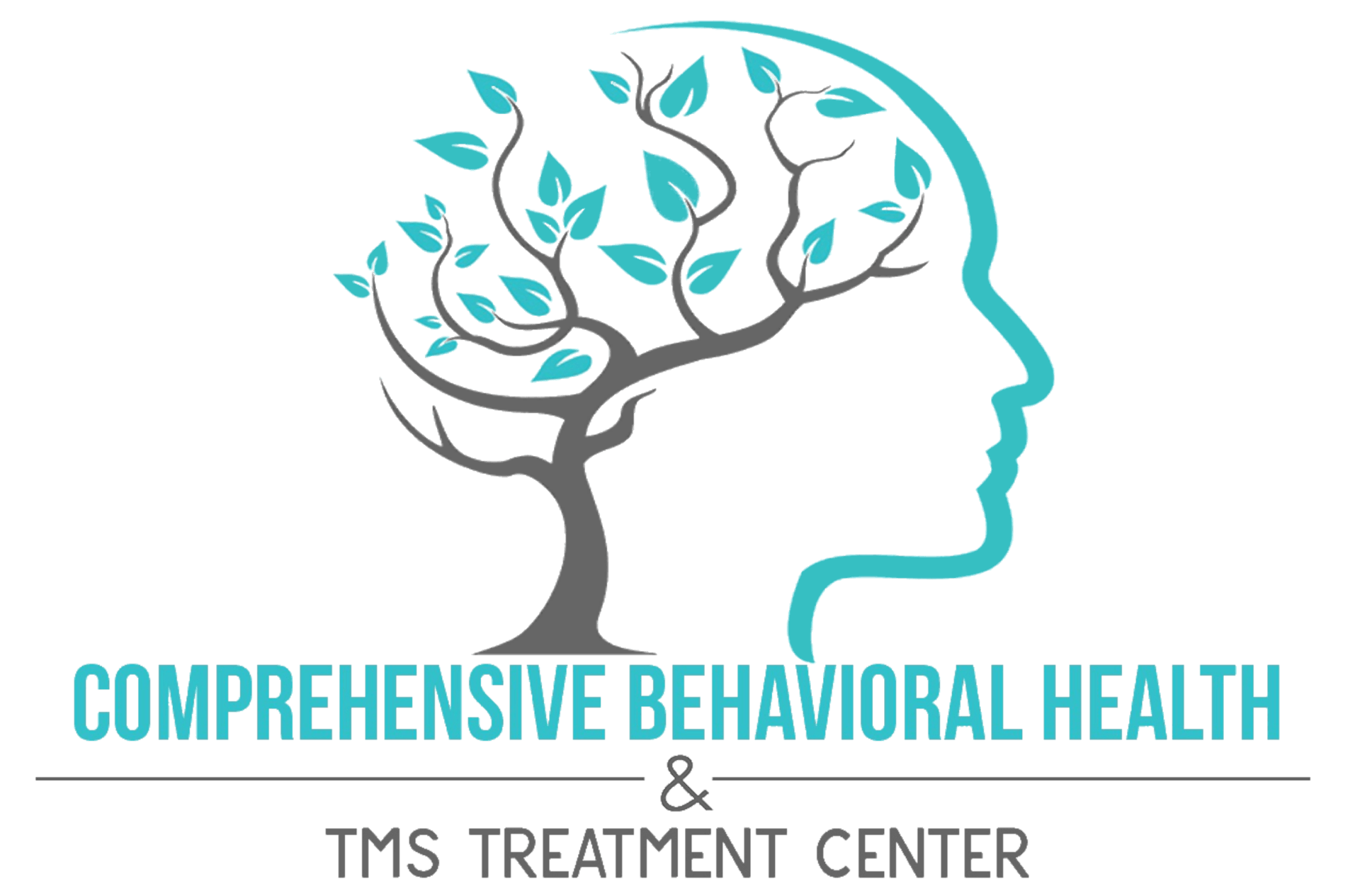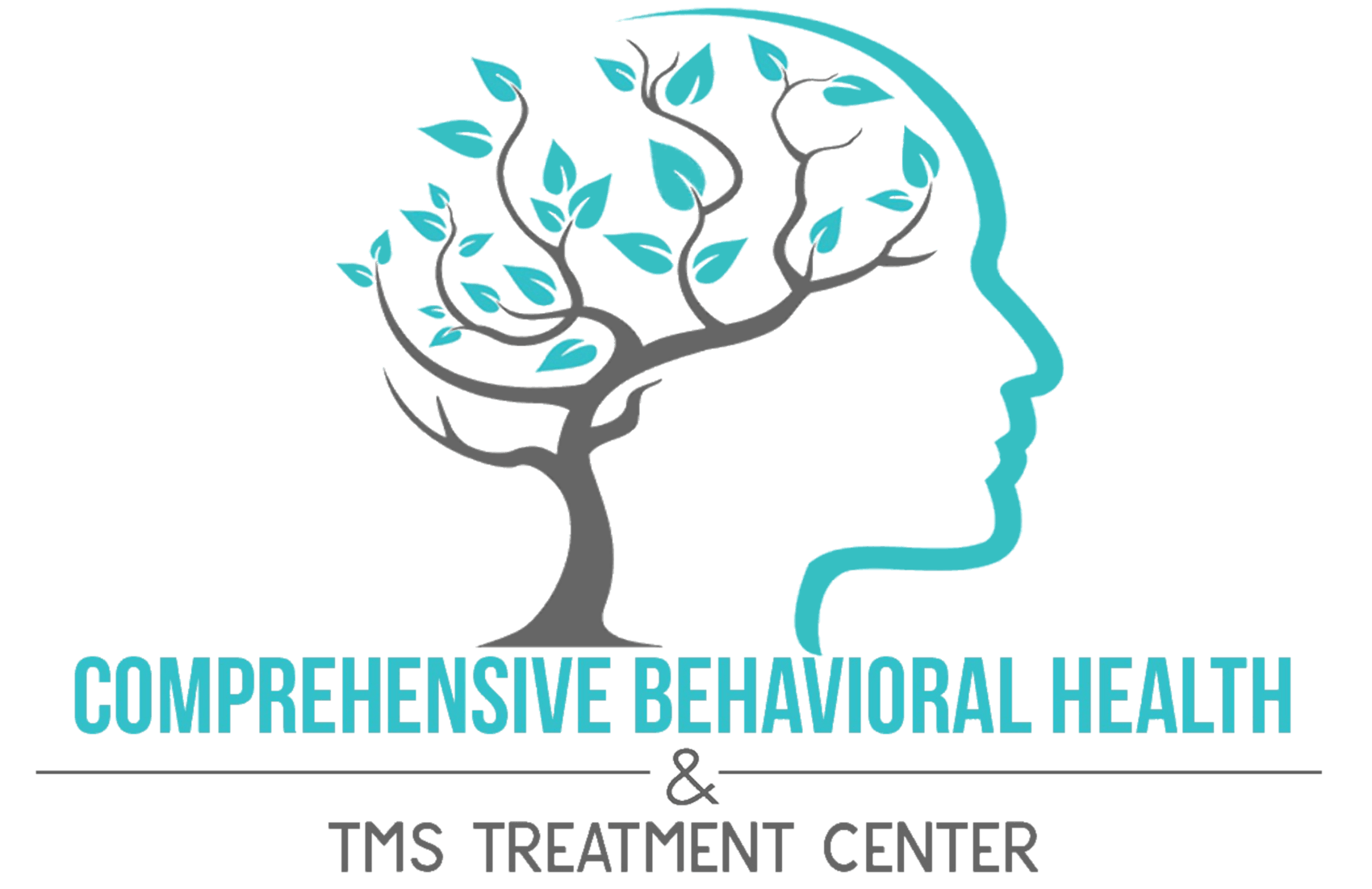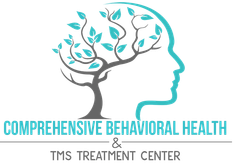Get Back to You
We're ready to partner with you on the road to mental health wellness and provide the psychiatric health care that you deserve.
Telehealth Appointments Available
Personalized & Therapeutic
Anxiety
Depression
Bipolar Disorder
Agoraphobia
Generalized Anxiety Disorder
Hoarding
Obsessive Compulsive Disorder (OCD)
Body Dysmorphic Disorder
Panic Disorder
Phobias
Posttraumatic Stress Disorder (PTSD)
Social Anxiety
Attention Deficit Hyperactivity Disorder
Anger
Eating Disorders
Grief
Insomnia
Personality Disorders
Substance Abuse and Addiction
Trichotillomania
Treatment to Help You Get Back to You in Staunton, VA
At Comprehensive Behavioral Health, we are devoted to helping you Get Back to You. We understand that life has “bumps in the road”. Our psychiatrists are dedicated to promoting the well-being of our community and helping individuals restore a sense of well-being. We provide patients in Fishersville, Staunton, and the surrounding area of Central Virginia the latest in mental health services.
The Latest in Treating Depression
We partner with you to help navigate the rough spots of life via medication management services, supportive therapy, and TMS therapy.
We are pleased to be able to offer Neurostar® TMS Therapy to our patients. Transcranial Magnetic Stimulation Therapy is one of the most technologically advanced depression treatments available. This non-invasive, outpatient therapy is cleared by the FDA and has helped thousands of depression patients who have not received adequate results from antidepressants.
TMS stands for transcranial magnetic stimulation. It is used to treat depression by stimulating the brain non-invasively using electromagnetic fields, similar to those produced by an MRI machine. During TMS Therapy, a magnetic field is administered in very short pulses to the part of the brain that research has demonstrated to be associated with depression. The typical initial course of treatment is about 19-37 minutes daily over 4-6 weeks.
The NeuroStar TMS Therapy system uses short pulses of magnetic fields to stimulate the area of the brain that is thought to function abnormally in patients with depression. The magnetic field produces an electric current in the brain that stimulates the brain cells (neurons). This results in changes that are thought to be beneficial in the treatment of depression.










